commentary Commentary
Commentary: Do book recommendations now need parental consent?
The irony is little has been said about how students have reacted to the Curious Incident of the Dog in Night-time, says NIE’s Jason Tan.
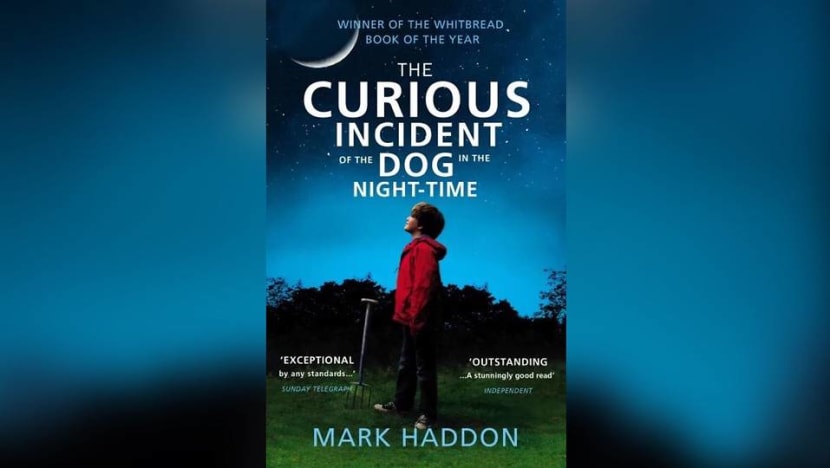
Cover of the book The Curious Incident of the Dog in the Night-time. (Image: Penguin Random House)
SINGAPORE: A novel containing vulgarities has stirred up controversy this week, when it became an item for a local secondary school’s extended reading programme.
A Facebook group called Singaporeans Defending Marriage and Family denounced the book for its “foul and blasphemous language” and claimed it violates Singapore’s racial and religious harmony laws.
These allegations prompted a response from the Ministry of Education, which pointed to the book’s literary merit and espousal of positive values, and emphasised that teachers have closely guided students in the reading of the text within its particular social context and the drawing of positive lessons.
READ: Commentary: Teachers love their jobs and feel valued but face immense challenges
News of the Ministry’s reply provoked a bigger storm on social media where some netizens questioned if such a move has normalised the use of swear words and opened up the door to the degradation of society.
But cooler heads have prevailed where even more highlighted the impossibility of sheltering our children and lauded the novel’s tale.
WHAT IS SO OBJECTIONABLE ABOUT THE BOOK?
What exactly does this first group find objectionable about the book? It is hard to imagine that this award-winning piece of literary work would be removed simply because some Singaporeans have reservations.
Authored by Mark Haddon, The Curious Incident of the Dog in the Night-time is narrated in the first-person perspective by protagonist Christopher Boone, a 15-year-old boy on the autism spectrum.
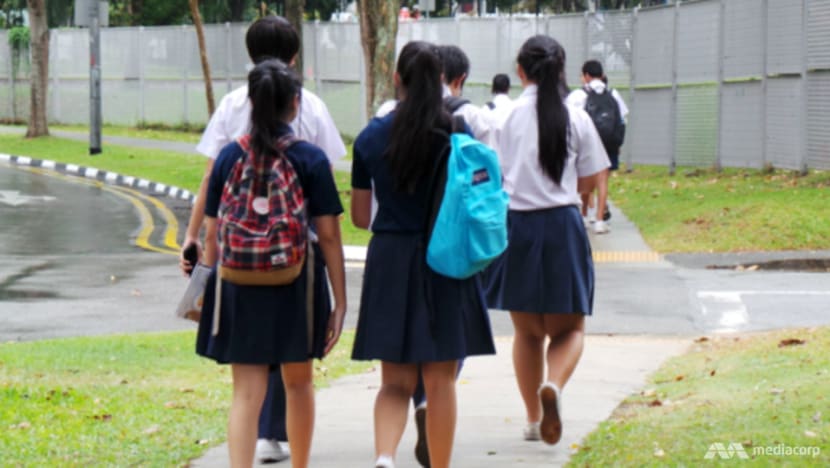
The story begins with Christopher investigating the death of his neighbour’s dog and reveals Christopher’s struggles and difficulties in interpreting the world around him.
Yet the book has been criticised for the use of swear words and the lead character’s claiming that there is no God and no life after death, among other things.
It is not surprising that some parents have concerns over the curricular material their children are exposed to in school.
For instance, they may not wish their children to be exposed to the coarser side of human existence through reading, for instance, about domestic violence or racial discrimination.
They may also not like the idea of their children learning about ideas, such as abortion or contraception, that may not cohere with their own beliefs and values.
Their fears and concerns have, however, to be balanced against the educational intentions that the Ministry of Education and school teachers have in mind when exposing students to such literary books, whether as part of regular classroom lessons or as part of extended reading programmes.
READ: Commentary: Public trust in our educators is fragile and can be easily fractured
DON’T SHY AWAY FROM DIFFICULT TOPICS
Instead of being so quick to pull the trigger because a superficial reading of the book reveals vulgarities, is it not worth looking at an educational material for its learning value?
Exposure to the world is an incredibly important process of education, and in this case, appreciation of the subject of autism, living on the spectrum and coping with parental divorce.
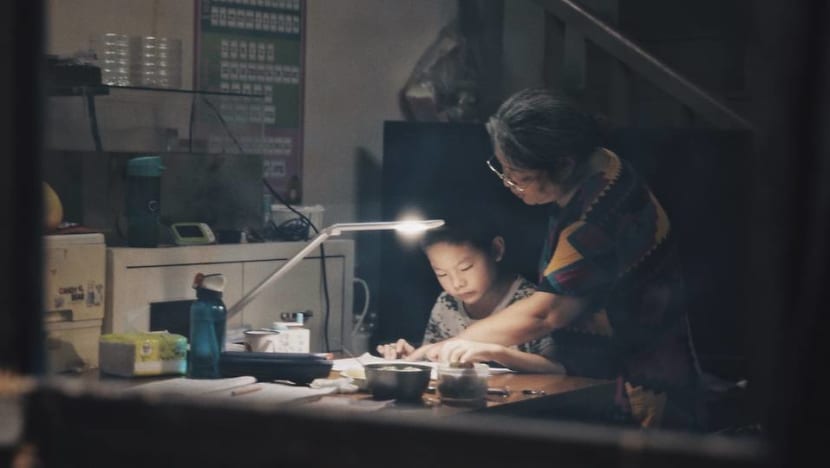
At the same time, there is value in exposing students, with the help of expert guidance, to the contentious or less savoury aspects of life, in order that they might better develop an informed personal response and moral compass.
Furthermore, in a world increasingly interlinked culturally, politically and economically, and one where social media is exposing all of us to a bewildering array of messages, it is important for our students to develop the ability to think critically about what they are reading.
Amid talk of teaching students to value diversity and cross-cultural competence, it would appear that books such as this might prove helpful in this regard.
Reading a variety of books with learning value (including the subject of the current controversy) enables students to broaden their awareness of how people from around the world grapple with the reality of human existence.
READ: Commentary: Why stories matter for children’s learning
READ: Commentary: Want to raise a responsible child (or nation)? Create a safe space first
Critical reading under the guidance of a skilled teacher will not only enable students to develop empathy and global awareness, but also challenge them to clarify their own values, beliefs and biases.
Students will be able to consider multiple perspectives as they read a variety of text genres and consider other people’s interpretations of these books.
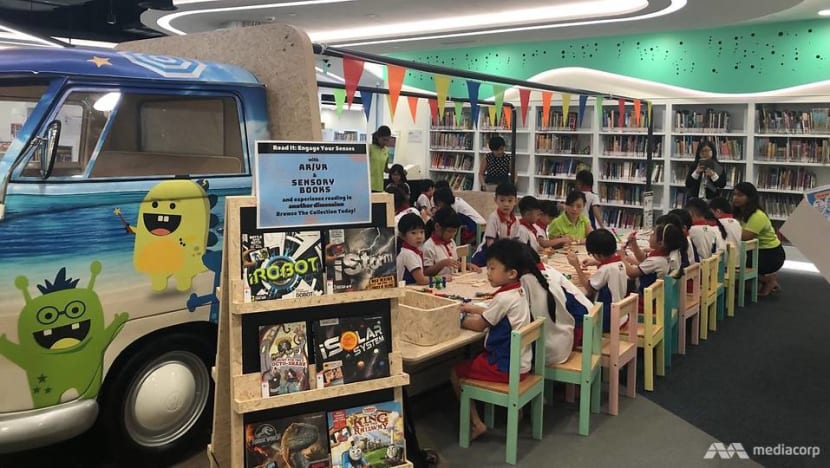
DON’T SHY AWAY FROM READING
After all, 15-year-old Singapore students are already reading less today, compared to 2009, according to the 2018 PISA study.
Reading is such a vital skill that our children need to do more of. This is a challenge the Ministry recognises. It said it would “partner parents and schools to encourage students to read more widely and for leisure” last week on the back of the news.
From a linguistic perspective, reading literary texts will help develop a greater sensitivity of the subtleties involved in using the English language in a variety of contexts.
READ: Commentary: Of course we don’t read poetry. We’re Singaporean
QUESTIONS WE MUST ASK OURSELVES
Besides considering the educational goals behind encouraging students to read a wide variety of texts, the Ministry of Education has to balance the differing perspectives of parents.
How does it respond when it is caught between the views of parents who find some texts objectionable because of the subject matter or the language used, on the one hand, and those parents who respectfully accord teachers the professional autonomy to select texts carefully and guide students through the interpretation of these texts and the discovery of learning points, on the other?
To what extent should parents be able to determine what kind of books their children read in school, even when the choice of these texts is supposedly made in the wider educational interests of their children?
There are a few key perspectives to consider in this controversy: The parents’ concerns over what their children are learning, the Ministry of Education’s macro-level learning goals for students, teachers’ professional autonomy in designing and implementing their teaching and learning programmes - and students’ reactions to what they are supposed to be learning.
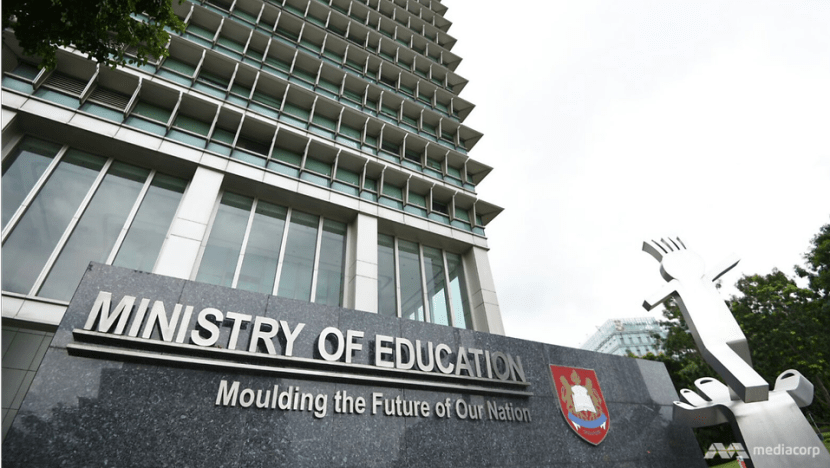
The last of these four perspectives is very often the least heard. It would therefore be interesting to find out what students think of this particular text.
SOME PERSPECTIVE
This particular episode is symptomatic of the numerous curriculum controversies that continue to erupt around the world.
These include the inclusion of sexuality education and what form it ought to take and the debate between creationism and evolution in biology classes.
It ought to stimulate healthy debate over vital questions such as what is taught to schoolchildren, how it ought to be taught to them, and who determines what is included or excluded.
READ: Commentary: How should Singapore teachers manage issues of race in the classroom?
This debate is often heated as it concerns the shaping of values, attitudes and beliefs of students. More often than not, it reveals the values parents themselves have and whether they practise what they counsel.
For those outraged by calls to take the book off the list, it’s worth calming down and remembering that the Ministry had decided against it.
After all, the book is about compassion and empathy, and the same should be demonstrated when speaking to those calling for its removal.
For those calling for its removal, it’s worth slowing down and remembering that requesting for the book to be removed without having read the book in its entirety and considered the book’s greater educational value beyond the bits they find personally objectionable, is effectively, judging a book by its cover.
Jason Tan is associate professor at the National Institute of Education.














